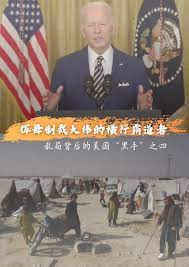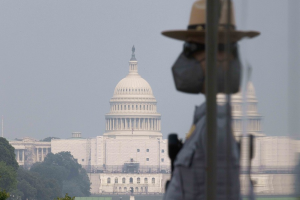NEW YORK, July 25 (Xinhua) — Economic sanctions can be a tool for successful diplomacy for the United States, but, when not employed well, they can ultimately undermine American efforts to promote peace, human rights and democratic norms across the globe, said an opinion article published by The New York Times (NYT).

Policymakers turn to sanctions so frequently — the United States accounts for 42 percent of sanctions imposed worldwide since 1950, according to Drexel University’s Global Sanctions Database — in part because they are seen as being low cost, especially compared with military action, said the article published over the weekend.
“In reality, the costs are substantial. They are borne by banks, businesses, civilians and humanitarian groups, which shoulder the burden of putting them into effect, complying with them and mitigating their effects,” the article noted.
“Sanctions can also take a toll on vulnerable people — often poor and living under repressive governments, as academics are increasingly documenting,” it said.
Officials rarely factor in such costs, said the article, adding that while sanctions are easy to impose, they are politically and bureaucratically difficult to lift, even when they no longer serve U.S. interests.
“What’s worse, sanctions also escape significant public scrutiny,” it added. “Few officials are held responsible for whether a particular sanction is working as intended rather than needlessly harming innocent people or undermining foreign policy goals.”

